Reliable Solar System Installation for Long-Term Performance
Residential solar panel installation involves setting up photovoltaic systems on homes to generate electricity from sunlight. This service is designed to optimize energy production and reduce reliance on traditional power sources. The process includes site assessment, system design, and professional installation to ensure safety and efficiency. Solar panels are mounted on rooftops or ground mounts, depending on the property layout, and connected to the electrical system of the home. Proper installation can enhance energy savings and support long-term cost management. The service also includes system inspection and commissioning to verify optimal operation. It is suitable for homeowners seeking a reliable energy solution tailored to their residence. The installation process is performed by experienced professionals to ensure compliance with local regulations and safety standards.
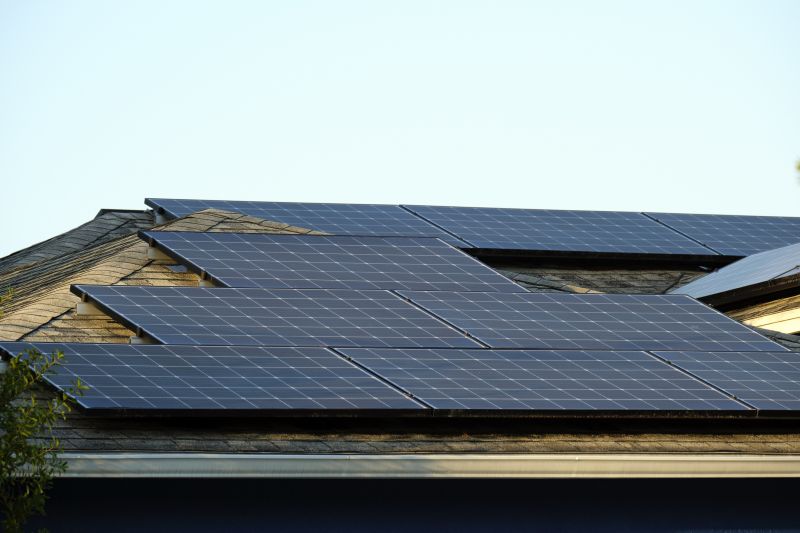
Photovoltaic panels are installed on a residential roof, capturing sunlight efficiently.
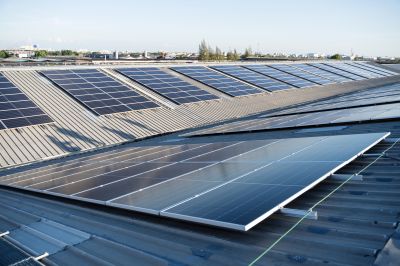
Panels are securely mounted on the roof, optimized for maximum sun exposure.
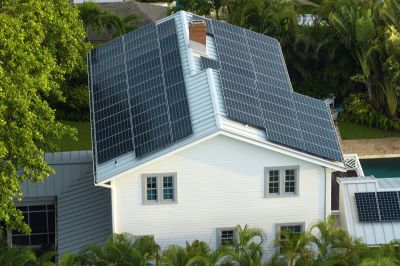
A complete solar panel system installed on a home, ready to generate electricity.
| Benefit | Description |
|---|---|
| Cost Savings | Reduces monthly electricity bills by generating your own power. |
| Energy Independence | Provides a reliable energy source independent of external providers. |
| Property Value | Can increase home value and appeal to buyers. |
| Low Maintenance | Requires minimal upkeep after installation. |
| Long-Term Investment | Offers durable performance over many years. |

A home with newly installed solar panels on the roof.

Secure mounting of panels on a residential rooftop.

Complete solar setup on a residential property.
The process of residential solar panel installation begins with a comprehensive site evaluation to determine the best system design and placement. This includes assessing roof orientation, shading, and structural integrity. Once the design is finalized, the installation team prepares the site, mounts the panels securely, and connects the system to the home's electrical network. The process involves precise wiring, inverter setup, and system testing to ensure proper operation. Installation duration varies depending on system size and property specifics but typically involves a few days of work. Post-installation, the system is inspected to verify compliance with safety standards and optimal performance. Proper planning and execution ensure the system functions efficiently and reliably for years to come.
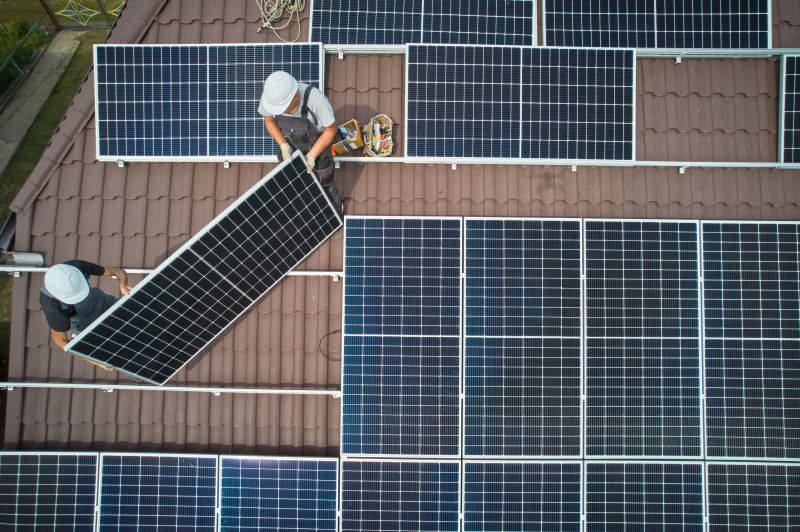
Professional mounting of solar panels on a residential roof.
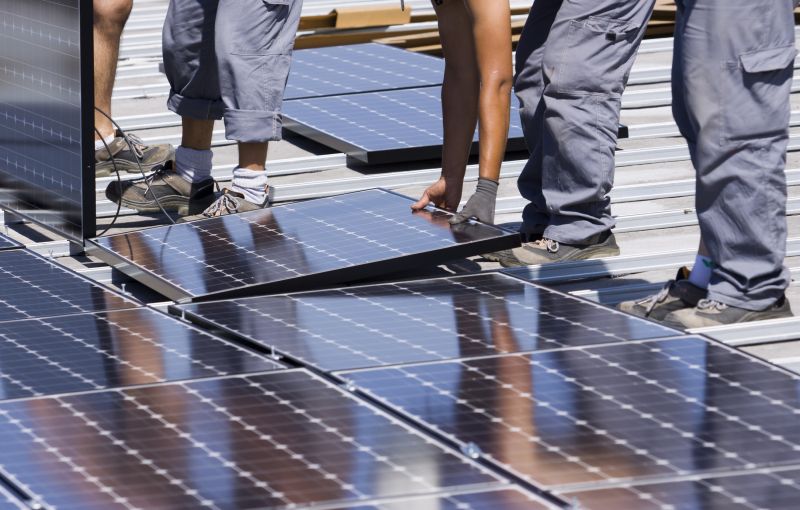
Connecting the solar system to the home's electrical network.
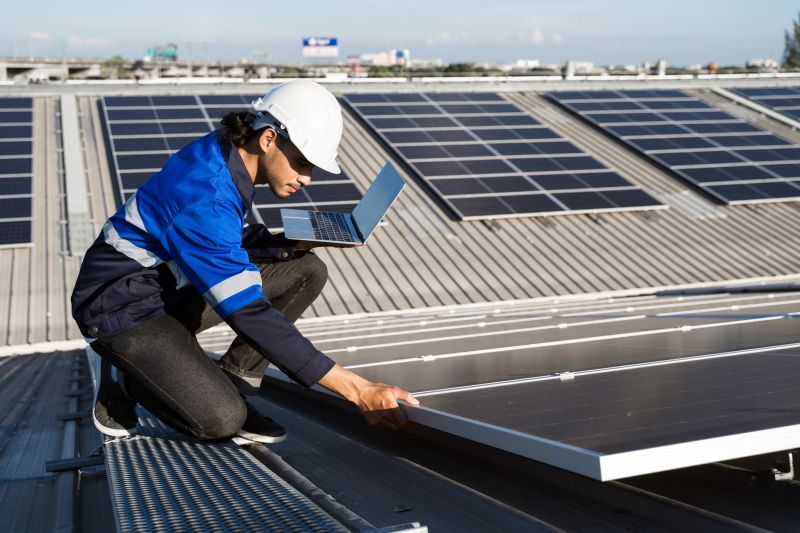
Ensuring the solar installation meets safety and performance standards.
Hiring a professional for residential solar panel installation ensures the system is installed safely and efficiently. Experienced installers understand local regulations and best practices, reducing the risk of errors or safety issues. Professional installation guarantees that the system is correctly mounted, wired, and integrated with the existing electrical infrastructure. It also minimizes potential delays and ensures compliance with all safety standards. Properly installed solar panels operate at maximum efficiency, providing reliable energy generation. Additionally, professional installers can assist with system design tailored to the home's specific energy needs and layout. This expertise ensures long-term performance and peace of mind for homeowners seeking a dependable solar energy solution.
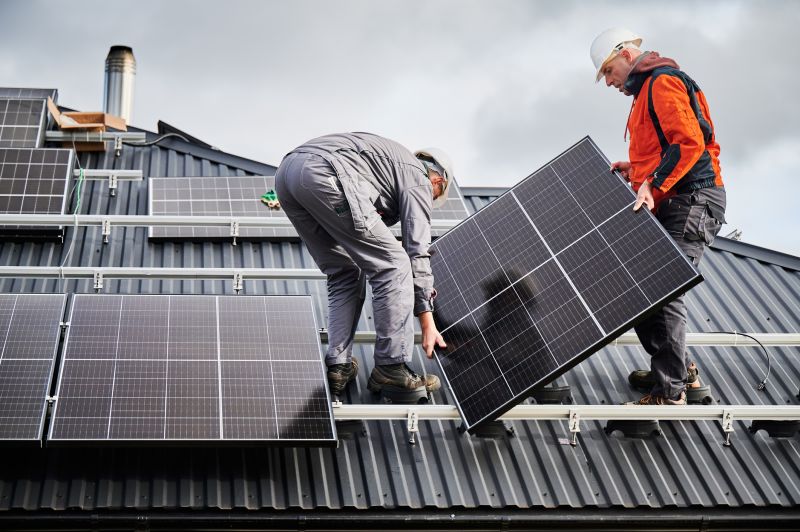
Expert technicians securely mounting solar panels on a home.
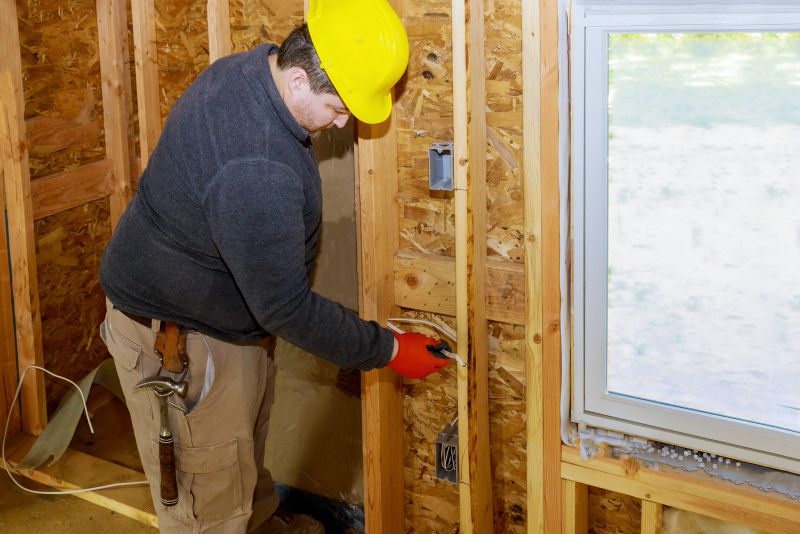
Proper wiring to ensure system safety and efficiency.
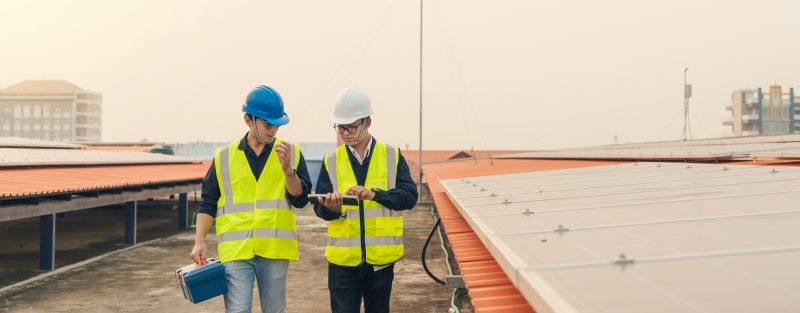
Final check to confirm optimal operation of the solar system.
For homeowners considering solar energy, engaging a professional installer is essential for ensuring the system's safety, efficiency, and longevity. Professionals bring experience in handling complex electrical connections and adhering to local codes. Their expertise reduces the likelihood of installation issues and maximizes energy production. Additionally, a professional installer can provide guidance on system design, placement, and integration with existing electrical systems. This results in a seamless installation process and a reliable energy source for years to come. Choosing experienced installers also helps avoid costly mistakes and ensures the system operates at peak performance.

